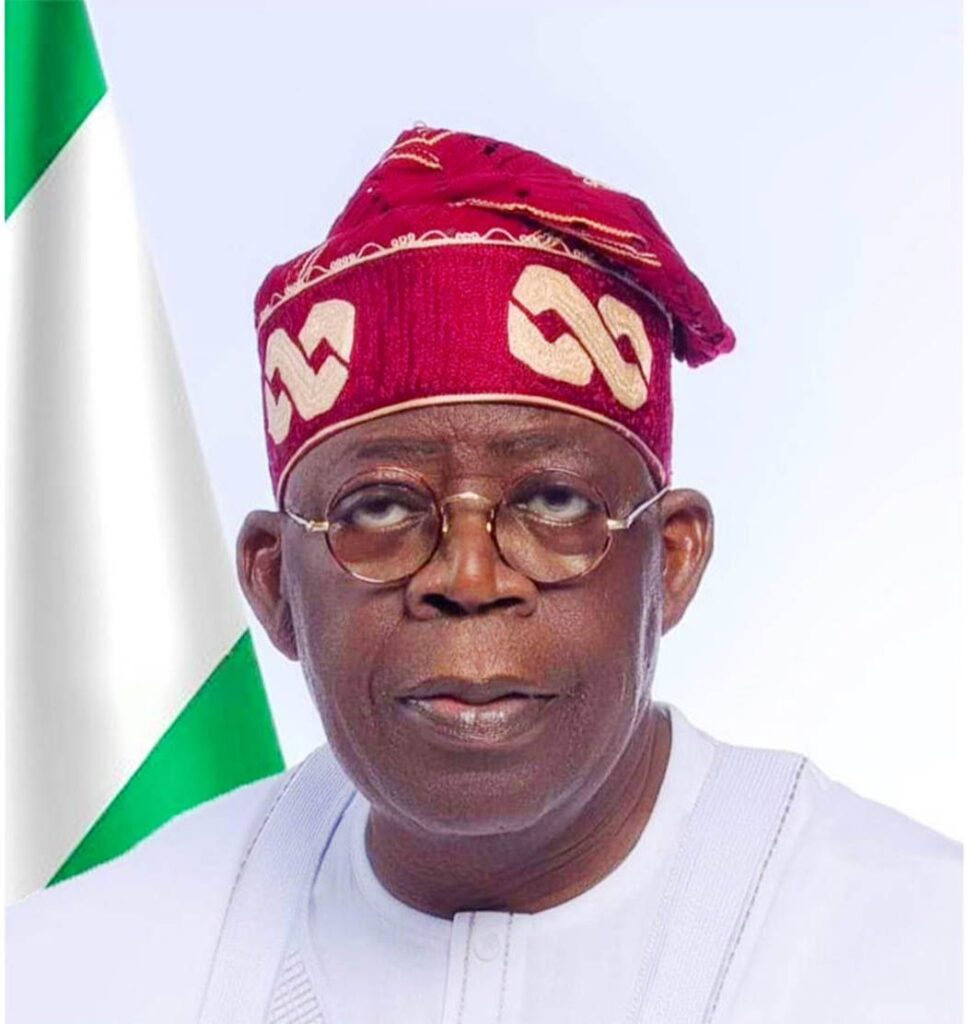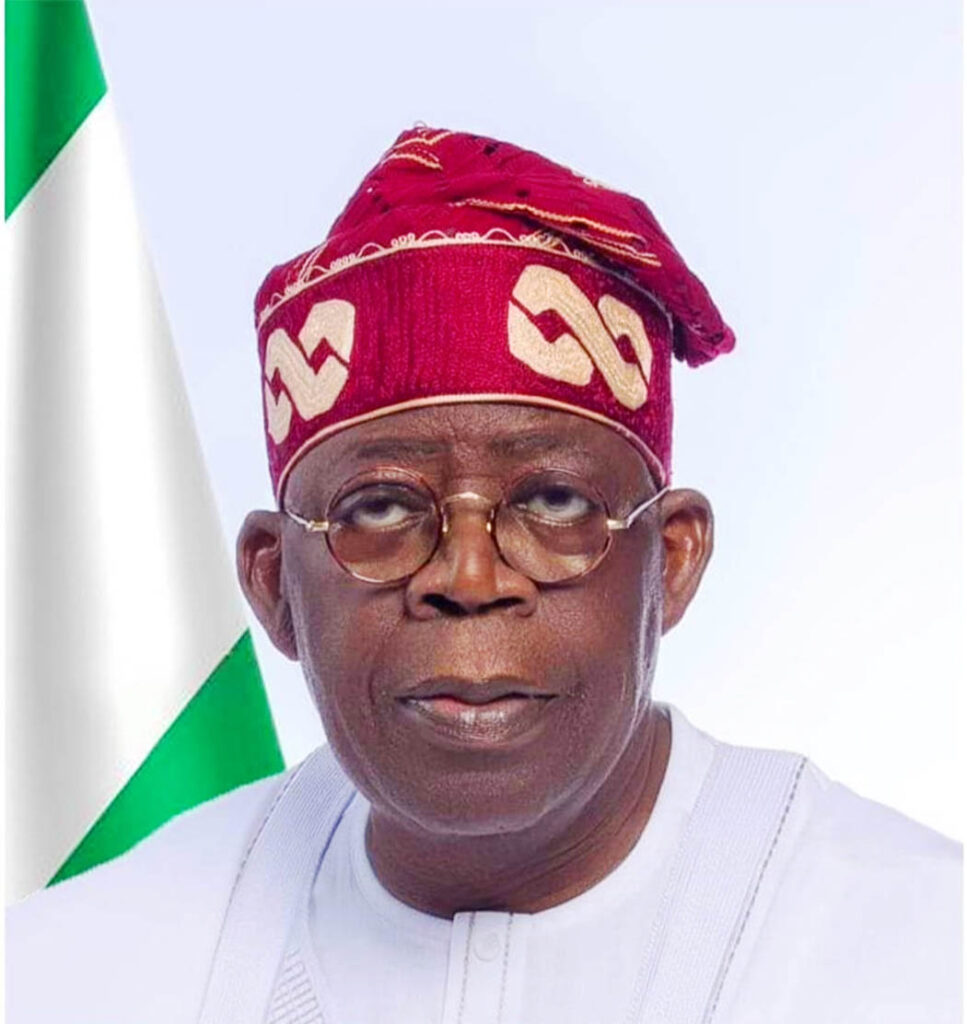By Karen James
In a shocking development that has sparked outrage and deep concern, the Bola Tinubu-led administration in Nigeria is pushing for the death penalty for ten #EndBadGovernance protesters. The government has accused these individuals of treason, a capital offense punishable by death. This disturbing revelation came to light through a court document with file number FHC/ABJ/CR/454/2024, indicating the administration’s intent to seek the harshest punishment for the protesters.
Among the protesters targeted for this extreme penalty are Michael Tobiloba Adaramoye, Adeyemi Abiodun Abayomi, Suleiman Yakubu, Opaluwa Eleojo Simon, Angel Love Innocent, Buhari Lawal, Mosiu Sadiq, Bashir Bello, Nuradeen Khamis, and Abdulsalam Zubairu. These individuals, like many others, participated in the nationwide protests held against the prevailing hardships and insecurity in the country.
Ever since the conclusion of the protests last month, there has been a relentless crackdown by security agencies on those involved in the demonstrations. Hundreds of people, including minors, have been arrested for their alleged participation, and disturbingly, many are being held without any arraignment. This repressive behavior by the government has drawn the ire of critics and human rights organizations, who condemn it in the strongest terms.
Critics argue that the pursuit of the death penalty for protesters exercising their democratic right to voice their grievances is a gross violation of human rights and freedom of expression. The severity of such punishment for individuals demanding accountability and change is deeply troubling and raises serious concerns about the state of democracy in Nigeria.
Human rights organizations have joined the chorus of condemnation, highlighting the need to safeguard the rights and well-being of citizens. They stress that detaining protesters without proper legal proceedings and resorting to extreme penalties like the death penalty only serves to stifle dissent and create an atmosphere of fear and repression.
The international community has also been drawn to this disturbing development. Calls for the Nigerian government to respect human rights and adhere to democratic principles have grown louder. Several diplomatic bodies and organizations have expressed their concern and urged the authorities to ensure fair treatment for all individuals arrested during the protests.
As the controversy surrounding the fate of these protesters unfolds, it is clear that the actions of the Tinubu-led administration have sparked widespread alarm and indignation. Calls for justice, fairness, and the protection of human rights continue to reverberate both within Nigeria and across the globe.
It remains to be seen how the government will respond to these concerns and whether the pursuit of capital punishment for these individuals will be reconsidered. In the meantime, the fight for justice, freedom of expression, and the protection of human rights continues unabated, with activists, civil society organizations, and concerned citizens advocating for a more inclusive and democratic society in Nigeria.


